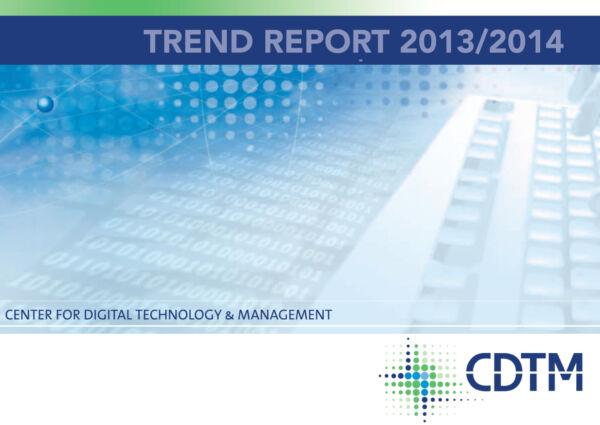Data Marketplaces in Smart Cities
Class: Fall 2013 Munich

Abstract
Devices and infrastructure are increasingly interconnected and exchange their data. The evaluation of the data allows for higher automatization and for improved centralized and decentralized decision-making based on an overall picture. In Smart Cities of the future, many agents will communicate: facilities, street infrastructure (e.g. parking spaces, road signs, traffic lights), vehicles, weather stations, energy providers – just to mention some of them. There is a huge business opportunity for those that are able to collect the relevant data and interpret it. This gives rise to completely new products, services and business models. This report analyzes how data marketplaces in Smart Cities may look like in the future, describes future scenarios and potential business ideas.